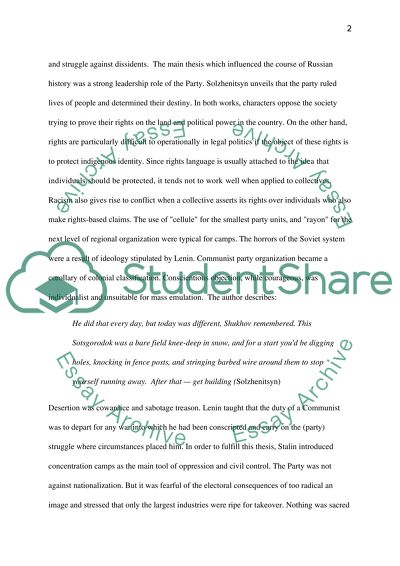Cite this document
(“A comparison of the two books Matigari by Ngugi and One day in the Essay”, n.d.)
A comparison of the two books Matigari by Ngugi and One day in the Essay. Retrieved from https://studentshare.org/literature/1507422-a-comparison-in-the-narrative-structure-of-the-two-books-matigari-by-ngugi-and-one-day-in-the-life-of-ivan-denisovich-by-aleksandr-solzhenitsyn
A comparison of the two books Matigari by Ngugi and One day in the Essay. Retrieved from https://studentshare.org/literature/1507422-a-comparison-in-the-narrative-structure-of-the-two-books-matigari-by-ngugi-and-one-day-in-the-life-of-ivan-denisovich-by-aleksandr-solzhenitsyn
(A Comparison of the Two Books Matigari by Ngugi and One Day in the Essay)
A Comparison of the Two Books Matigari by Ngugi and One Day in the Essay. https://studentshare.org/literature/1507422-a-comparison-in-the-narrative-structure-of-the-two-books-matigari-by-ngugi-and-one-day-in-the-life-of-ivan-denisovich-by-aleksandr-solzhenitsyn.
A Comparison of the Two Books Matigari by Ngugi and One Day in the Essay. https://studentshare.org/literature/1507422-a-comparison-in-the-narrative-structure-of-the-two-books-matigari-by-ngugi-and-one-day-in-the-life-of-ivan-denisovich-by-aleksandr-solzhenitsyn.
“A Comparison of the Two Books Matigari by Ngugi and One Day in the Essay”, n.d. https://studentshare.org/literature/1507422-a-comparison-in-the-narrative-structure-of-the-two-books-matigari-by-ngugi-and-one-day-in-the-life-of-ivan-denisovich-by-aleksandr-solzhenitsyn.


